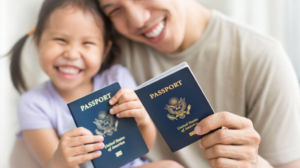 On Thursday November 21, 2019, the “EB-5 Immigrant Investor Program Modernization Rule” went into effect 120 days after the final rule was published. The final rule makes regulatory changes to the EB-5 Regional Center Program as we have written previously (Regulation change to EB-5 will increase the minimum investment to $900,000). The most important changes for investors is the increase of the minimum investment amount to US$1.8 million or US$900,000 if in a Targeted Employment Area (“TEA”) which also included a new method of determining how areas might quality as a Targeted Employment Area.
On Thursday November 21, 2019, the “EB-5 Immigrant Investor Program Modernization Rule” went into effect 120 days after the final rule was published. The final rule makes regulatory changes to the EB-5 Regional Center Program as we have written previously (Regulation change to EB-5 will increase the minimum investment to $900,000). The most important changes for investors is the increase of the minimum investment amount to US$1.8 million or US$900,000 if in a Targeted Employment Area (“TEA”) which also included a new method of determining how areas might quality as a Targeted Employment Area.
This latter change has removed a vast majority of EB-5 projects from qualifying as Targeted Employment Areas. Few investors seeking to obtain U.S. lawful permanent residence via the EB-5 visa category will choose to investment US$1.8 million versus the lower US$900,000 investment.
Contact us for further information on the EB-5 Alien Entrepreneur immigrant investor visa.








